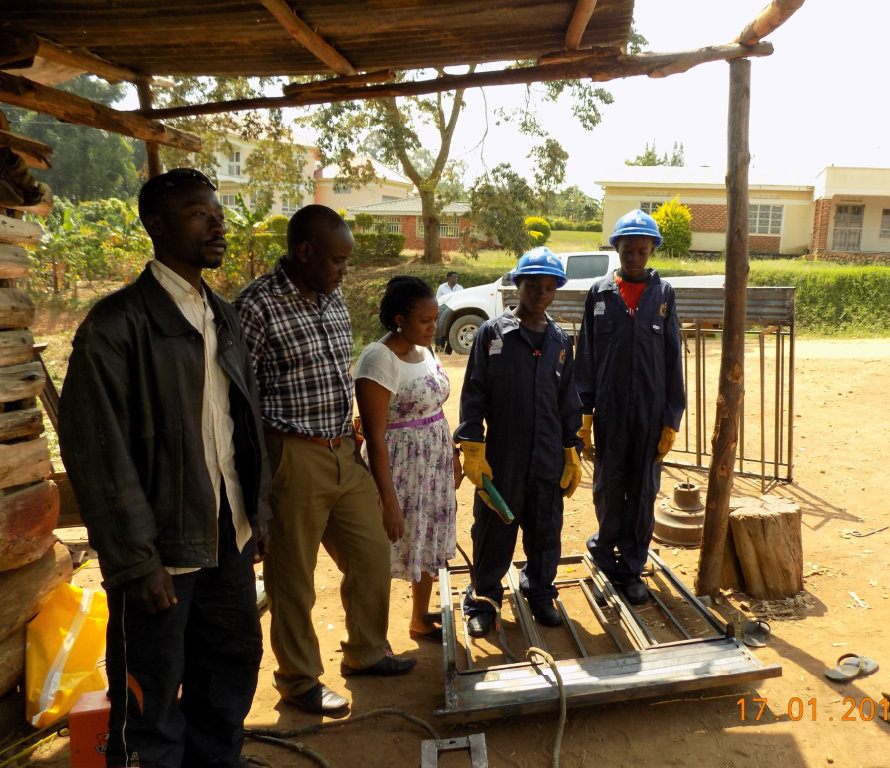In Uganda, 78% of the population is below the age of 30 years, one of youngest in the world Uganda’s GDP has been strong, averaging 7% increase annually, this has generated jobs, but 83% of youths are still unemployed – highest in Africa (AfDB, 2015). It is estimated that more than 40,000 young people graduate from Ugandan universities each year. Yet the market can provide only 8,000 jobs annually (the Daily Monitor). Ugandan youths shun the agricultural sector, yet it has biggest potential to gear the economy/create employment: needs to be made profitable with quick gains, “sexy”/cool for the youth. Youths look for fast immediate jobs and quick money engaged in the boda-boda and betting phenomena. Youth then migrate looking for jobs, better opportunities
Like wise Child marriage and teenage pregnancy remain major social and public health issues in Uganda, with far-reaching implications for the wellbeing of children and adolescents. Such implications to the teenage girls are lifelong and include dropping out of school; being shamed and traumatized by family, peers and the community; increased vulnerability to violence and abuse; increased exposure to the risk of Sexually Transmitted Infections (STIs) and HIV/AIDS; greater poverty and loss of economic opportunities; and death. The numbers are equally disturbing for teenage pregnancy, with approximately one-quarter of all Ugandan girls between the ages of 15 and 19 having already begun childbearing.
The youth livelihood and empowerment program is connecting youth to these opportunities and will combine a two-pronged cultural change strategy. On one hand, the implementation of initiatives that will lead to a change in the mindset of development practitioners to promote the adoption of a highly entrepreneurial and sustainable-business-focused culture; On the other, businesses are trained to look at the design of their business model in a more sustainable and socially oriented manner, incentivized by an increase in their own reputation, a higher influence in the market and access to innovation opportunities.
In addition, this program will put into action a skilling approach to equip youth (girls, boys and young women) with skills that are needed and missing in the job market and to support project beneficiaries in the establishment of start-ups and agribusinesses.
The critical hypothesis in working with the youth both individual and in groups on experimental interventions is that the youth’s prospects for a livelihood in agriculture and other informal enterprises.
COSIL aims to enhance sustainable creation of employment of youth in agribusiness and other informal sector

Our Vision & Philosophy
Our development ideology is simple: we believe in power, ingenuity, and the potential of people to pioneer solutions to transform their community. We recognize the role of government in addressing macro-economic issues and providing an overarching policy environment.
The power of our holistic approach lies in our partnerships, our sustainable programs and facility integration, and our passion to serve. We always strive to be a catalyst for positive change. Every action we take is intended to inspire meaningful service and deliver results that will improve economic and social conditions and make life better for the small holder farmers, orphans children and marginalized groups in the communities we serve for years to come.
We seek grassroots solutions to local challenges in an effort to help people help themselves and expand their own social and economic development process in a changing environment.
- Team Work
We support one another in working to achieve together the objectives of COSIL. We communicate actively and openly. We are reliable and loyal to each other and to the organization; and we build trust by honoring our commitments. - Respect for All
We show respect to ourselves and each other, and are considerate. We value each other’s strengths. - Gender equity
COSIL appreciates this as constituting fairness, recognition of each other, justice, impartiality, inclusive development, gender awareness and responsiveness. - Transparency and accountability
We appreciate this as constituting openness, communication, accuracy, feedback, answerability, reliability, responsibility, good stewardship, trustworthiness and honesty.
